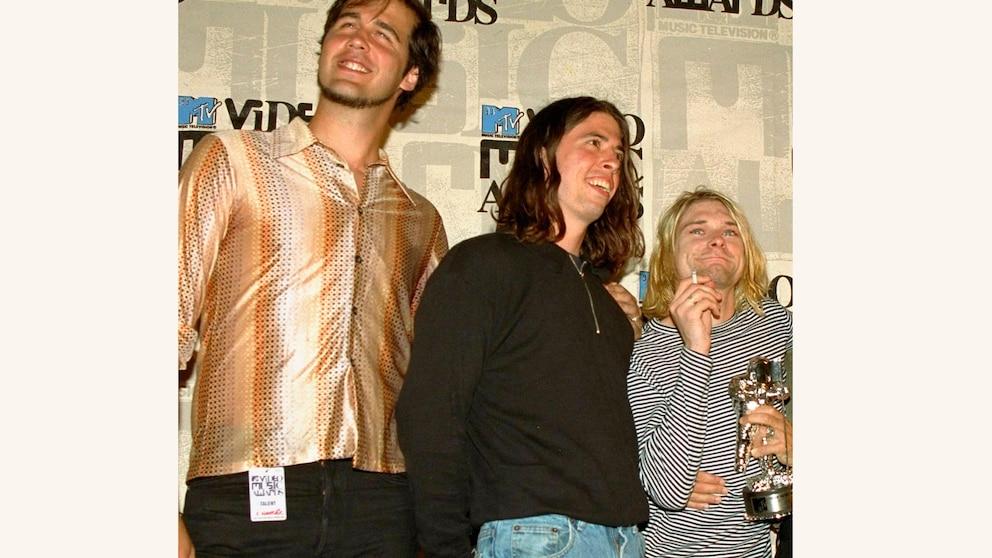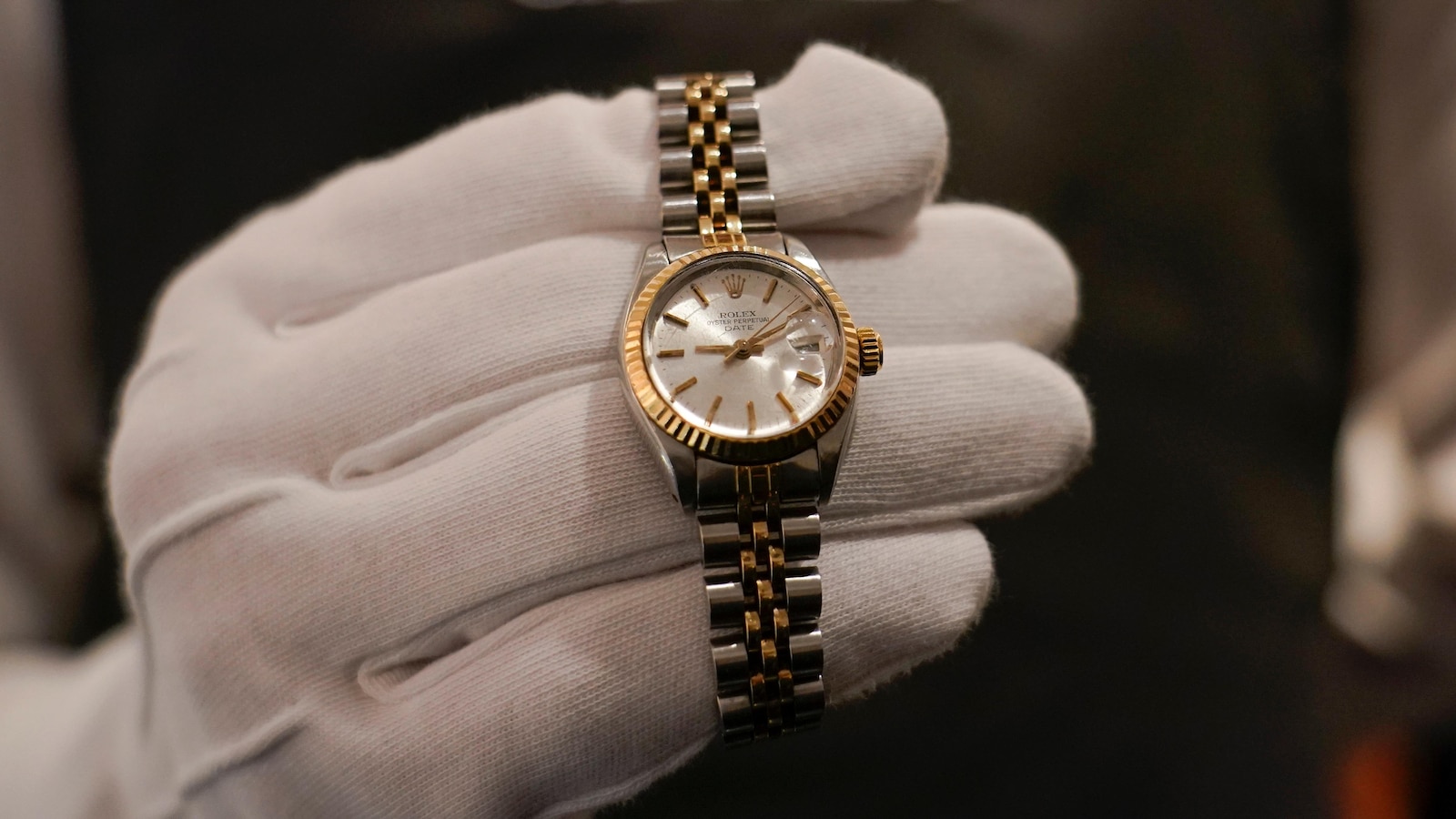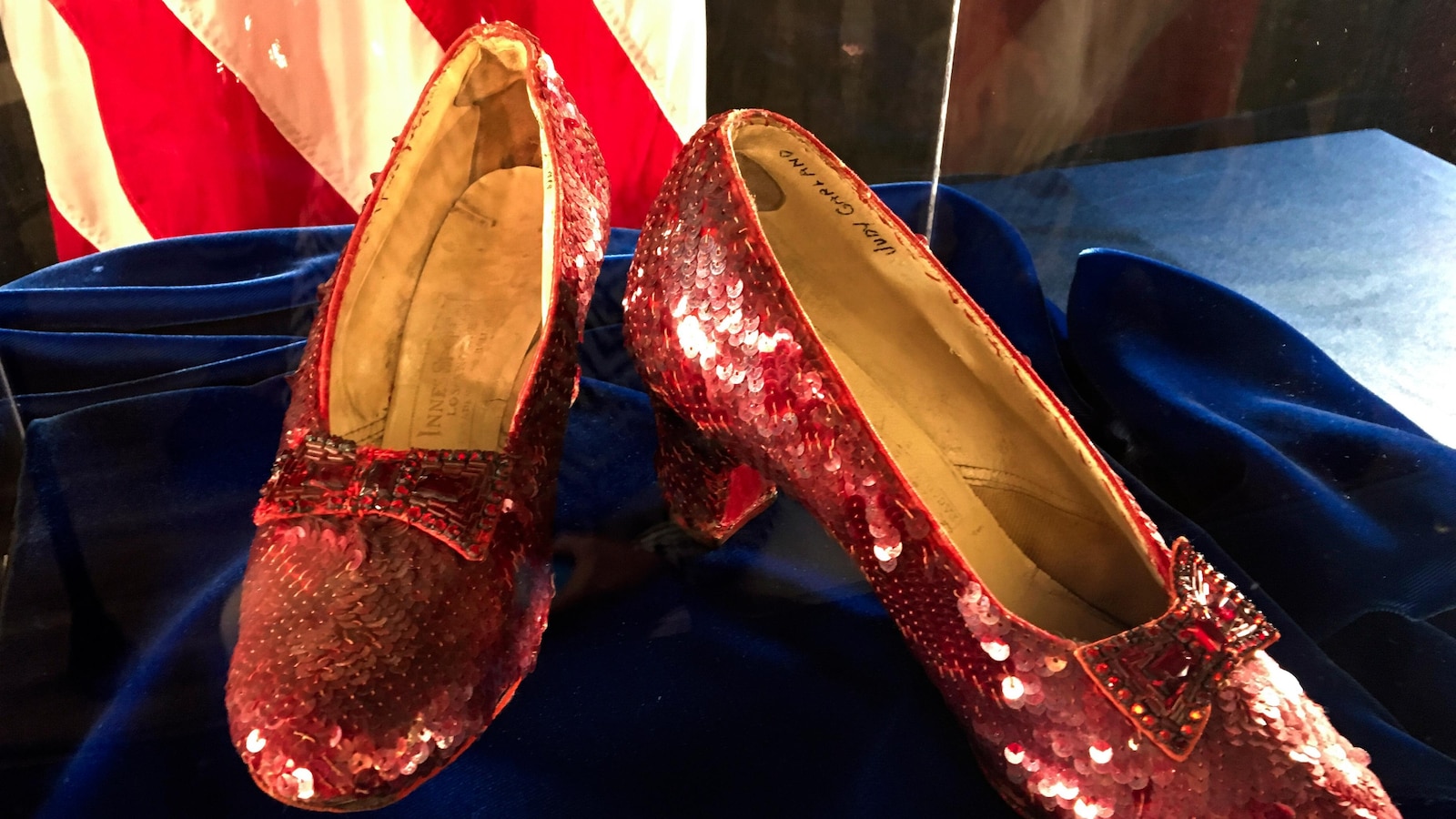In a recent development, a federal court has revived a lawsuit against the iconic rock band Nirvana over the cover art of their groundbreaking album, ‘Nevermind.’ The album, released in 1991, is widely regarded as one of the greatest and most influential albums in the history of rock music. However, the lawsuit raises questions about the legality and appropriateness of the album’s cover image, which features a naked baby swimming underwater.
The lawsuit was initially filed in 2019 by Spencer Elden, who was the baby depicted on the album cover. Elden, now in his thirties, claims that the image constitutes child pornography and that he was exploited as a minor. He argues that he never consented to being photographed in such a manner and that the band and their record label should be held accountable for using his image without his permission.
The federal court’s decision to revive the lawsuit has sparked a renewed debate about artistic freedom, copyright law, and the boundaries of acceptable content. Supporters of Elden argue that his rights as an individual were violated, and that he deserves compensation for the emotional distress caused by the use of his image. On the other hand, defenders of Nirvana argue that the album cover is an iconic piece of art that has become synonymous with the band’s legacy, and that it should be protected under the First Amendment.
The legal battle surrounding the ‘Nevermind’ album cover raises several important questions. Firstly, it highlights the complex issue of consent in the context of artistic expression. While Elden claims he never consented to being photographed, others argue that his parents gave their consent at the time. This raises questions about whether parental consent is sufficient when it comes to using a minor’s image for commercial purposes.
Additionally, this case brings attention to the broader issue of copyright law and fair use. The ‘Nevermind’ album cover is not only an iconic image but also a significant piece of cultural history. It has been reproduced countless times and has become deeply ingrained in popular culture. If the lawsuit is successful, it could set a precedent that could potentially impact the use of other famous images in various forms of media.
Furthermore, this case also highlights the ongoing debate about the sexualization of minors in art and media. While some argue that the album cover is innocent and harmless, others contend that it perpetuates a culture that objectifies and exploits children. This raises important discussions about responsible artistic expression and the potential impact of certain images on vulnerable individuals.
As the lawsuit against Nirvana progresses, it will undoubtedly continue to generate significant attention and debate. The outcome of this case could have far-reaching implications for the music industry, copyright law, and the boundaries of artistic expression. It serves as a reminder that even iconic and revered works of art can be subject to legal challenges, and that the balance between artistic freedom and individual rights is a delicate one.



